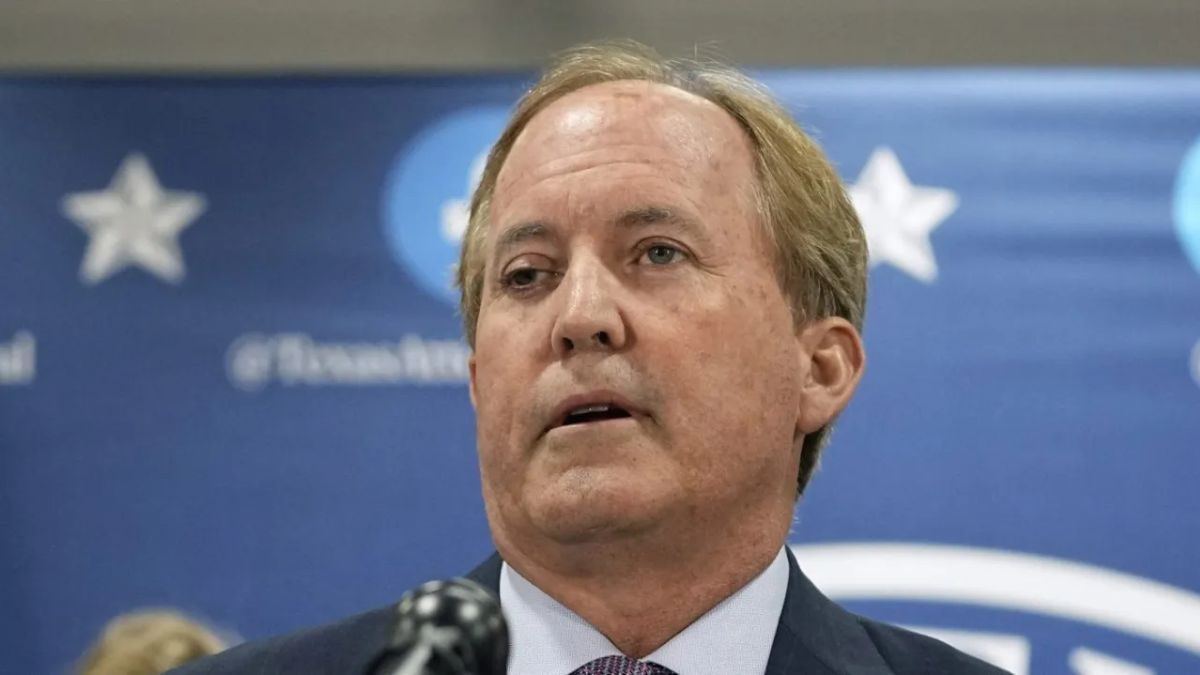Is it against the Texas Constitution for a city to provide financial assistance to its low-income residents?
A Texas state court judge delivered a clear and resolute answer on Thursday: “no.” This marks the first ruling in what appears to be a protracted legal battle over the very question.
Judge Ursula Hall expressed her belief in the success of guaranteed income programs, stating that the available evidence is sufficient to support this claim.
In her ruling, Hall has prevented Texas Attorney General Ken Paxton (R) from blocking the implementation of Uplift Harris in Harris County. Uplift Harris is a program that aims to provide $500 per week to 1,900 low-income residents in the state’s most populous county, which includes Houston.
Christian Menefee, the Harris County Attorney, expressed his pride in defending a significant program aimed at empowering individuals to overcome poverty. In a recent post on the social platform X, Menefee wrote about the importance of this initiative.
“We will continue to fight, despite the state’s plans to appeal,” he asserted.
According to The Texas Tribune, The Harris County measure builds upon previous experiments with guaranteed income in Austin, El Paso, and San Antonio. A report by the Urban Institute on the Austin experiment revealed that recipients who were more likely to face eviction than the average Texan experienced increased housing security during the study. The recipients also saw improvements in their food security. The study found that the majority of the Austin recipients used the money for housing purposes and maintained their current employment.
Paxton, in a recent filing, strongly contended that the actions taken by Harris County officials were “clearly unconstitutional” and accused them of misusing public funds for their own political advantage.
In his lawsuit, he raised an unexpected argument, questioning the constitutionality of the plan. It wasn’t because it proposed a basic income, but rather because it lacked universality. Paxton contended that the Texas Constitution guarantees equal rights for everyone and prohibits exclusive public benefits for specific individuals or groups. According to him, the lottery-based selection process of recipients in this plan is inherently arbitrary and therefore violates the state constitution.
The state attorney general’s office has filed a lawsuit against yet another city, adding to the long list of actions taken by the office against cities for what were traditionally considered matters of local authority.
The Attorney General’s office recently filed a lawsuit that challenges Austin’s plan to use specific financial tools for constructing a light-rail system. The suit argues that the plan is “void” as it allegedly violates state law. Furthermore, earlier this year, the Attorney General sued five Texas cities that had decriminalized marijuana enforcement.
In their statements following the announcement of the lawsuit, Harris County officials emphasized the importance of local control. Earlier this month, Menefee expressed that enabling individuals to empower themselves and overcome poverty is not only morally just but also beneficial for public policy.
“It’s absolutely absurd that politicians from Austin would go all the way to Harris County just to prevent us from providing assistance to people,” exclaimed a frustrated individual.
During a conversation with The Hill, Menefee pointed out the irony of Paxton’s stance considering that he is a strong political supporter of former President Trump, who was in charge of the Paycheck Protection Program (PPP) during the COVID-19 era.
The PPP, although not categorized as a basic income program, provided $757 billion in forgiven loans to American small businesses. Uplift Harris is funded by the money Houston received through the American Rescue Plan, which is a stimulus package introduced during the COVID-era.
Harris County Judge Lina Hidalgo (D) has once again extended an invitation to Paxton’s office, reiterating her willingness to introduce the Attorney General to the hardworking families who rely on this aid to pay their bills. In a statement, she emphasized the importance of understanding the challenges faced by these families.
She expressed her anticipation for the next phase, which she believed would involve an appellate court. However, she emphasized her unwavering commitment to continue advocating for Uplift Harris throughout the entire process.

